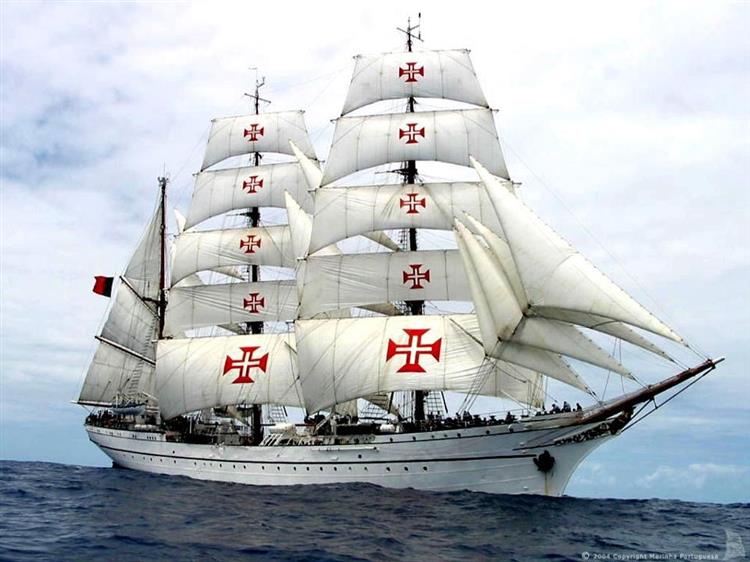During 2021, there was a lively discussion among scholars over a dissertation published by lexicologist Dr. J. Vitor de Sousa, who was looking for a clearer translation and interpretation of the descriptive noun “Portugalidade”, the first recorded use of which is from the post-World War II period in the Estado Novo.
The display of Portugal as a world leader, both due to the expansion of the territories under its control and the number of citizens who spoke Portuguese as their mother tongue, was an important feature of the regime’s propaganda, since the concept of national identity with psychology and culture, which stretch from Minho to Timor in the east (and the independent state of Brazil in the west), are considered a worldwide phenomenon. The days of empire and the prosperity it brought to the homeland will never be forgotten; if not in vassal territories.
After the Carnation Revolution, the word fell out of favor as an instrument of national pride, but has recently been resurrected in the speeches of President Marcelo Rebelo de Souza and government ministers, with an obvious semiotic connotation of post-colonial meaning, including everything that can be appreciated. patriotically, as is typical of the Portuguese in character.
The published English version of Dr. de Souza cryptically called himself “Portugal: Nothing that is Nothing”, which seems to suggest that the ethnic and cultural diversity of contemporary Portugal is not a common denominator, either here or around the world. A surprisingly large response to this came from the international audience that subscribed to Academia.org. Inevitably, some of the comments were irreverent, with references to custard tarts, Benfica, and symbolic portraits of Uncle Sam and John Bull compared to the gentle Zé Povinho. References to fado, the art of Paula Rego, and the literature of Camões, Pessoa and Saramago were frequent and indicate how outsiders see contemporary Portugal.
Michael Teague’s photo essay “Following the Footsteps of Portuguese Navigators” is a perfect example of how the architecture of forts, churches, palaces and modest dwellings can be unmistakably Portuguese in many settlements that were founded in Africa, scattered throughout the Indian and Pacific Oceans, as well as in Brazil in the Age of Discovery. It was published in 1988 when I, as a migrant, applied for a permanent residence permit in Portugal, and I recommend reading it to all foreigners who now want to follow the same path.
His odyssey of respect for the historic Portuguese way of life began in 1957 with an Oxford University alumni expedition to Angola. This was followed by three years teaching English in Rio de Janeiro, where he conceived the idea of visually creating the atmosphere discovered in the 15th and 17th centuries by intrepid Portuguese explorers led by Vasco de Gama, Fernão de Magalhães and Bartolomeu Dias.
With the help of a small donation from Gulbenkian and other funds, he set off with a backpack, camera and notebooks on a three-year journey by train, bus, boat, horse and donkey, literally following in the footsteps of navigators from Morocco to Japan. The result was over a thousand photographs and a lyrical narrative, allowing Portugalidade Global to travel around the world.
Even in that short span of fifty years, many of the carefully listed buildings have disappeared, and some of the romantic ruins have been “restored” in the style of a Disney theme park filled with costumed guides to provide tourists with an “experience.” But Michael Teague’s magnificent homage to Portugal inevitably draws comparisons to the homogeneous ideology of the Empire created by the northern European peoples, and to how alternative Portuguese idiosyncrasies have left their indelible mark on much of our world.
SUBSCRIBE TO NEWSLETTER
Subscribe to our newsletter and receive news by email from Monday to Friday
When subscribing, the information provided will be used in accordance with the Privacy Policy.
















